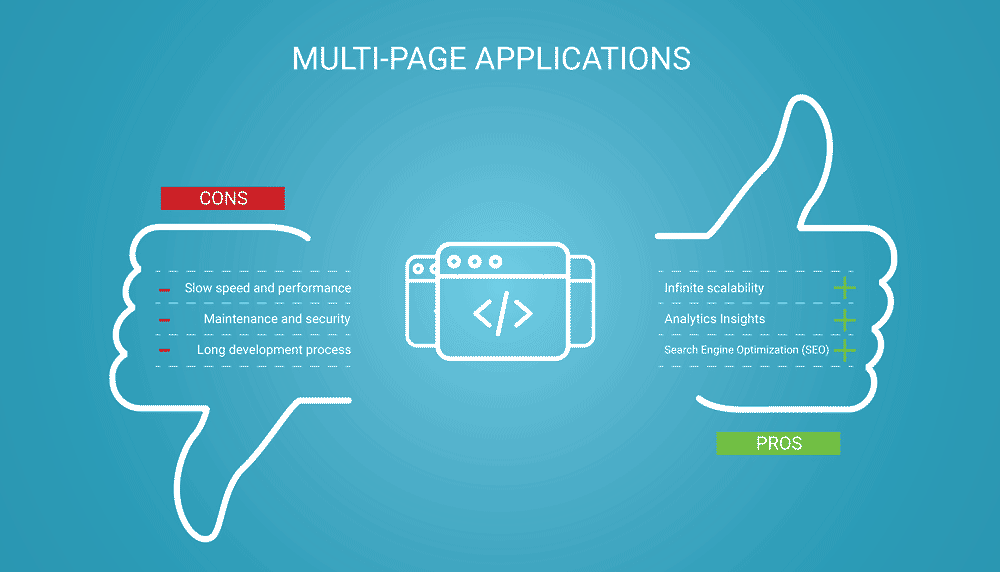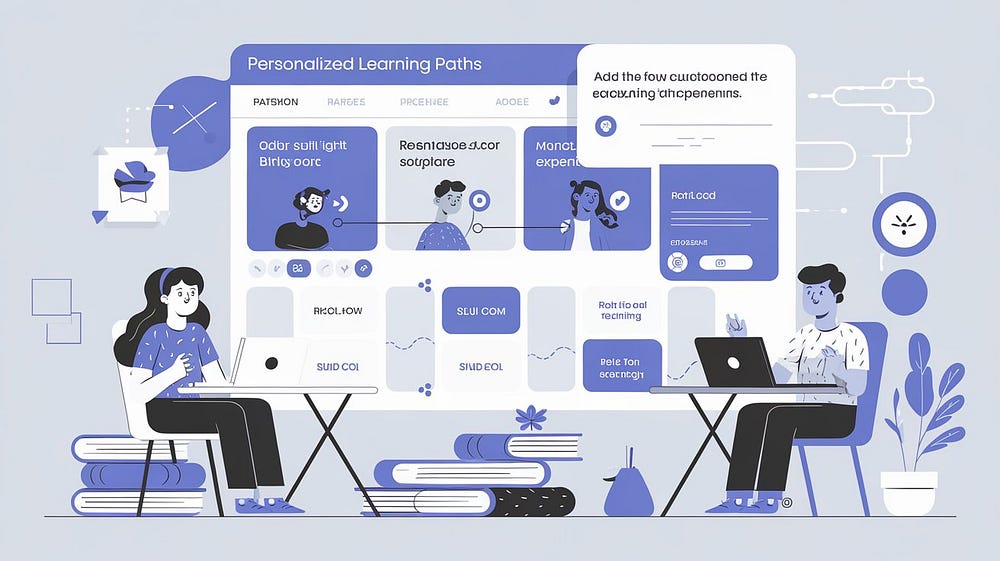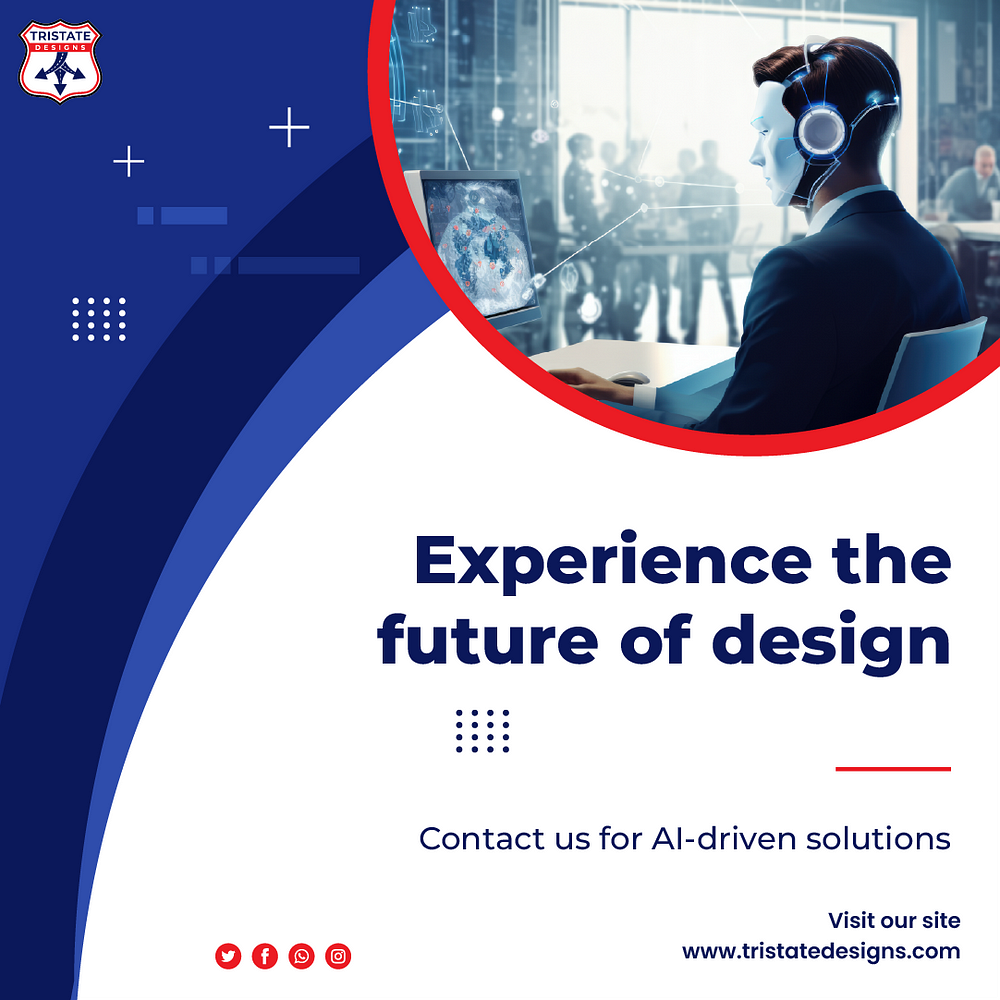In the world of web development, choosing the right architecture for your project is essential....
How AI-Driven CRMs Are Transforming Business in 2024
In today’s competitive business landscape, customer relationship management (CRM) systems are crucial for building and maintaining customer relationships. As we move into 2024, AI-driven CRMs are revolutionizing how businesses operate, providing advanced analytics, automation, and personalized experiences that are reshaping customer interactions. Here’s how AI-driven CRMs are transforming businesses and helping them stay ahead of the curve.
1. Real-Time Data Analysis for Deeper Insights
AI-driven CRMs are changing the game by offering real-time data analysis capabilities. By leveraging artificial intelligence, these systems can analyze customer behavior, preferences, and interactions at scale, providing businesses with actionable insights. This allows companies to better understand their customers and make data-driven decisions.
In 2024, AI-driven CRMs are moving beyond descriptive analytics to provide predictive insights. These CRMs can forecast future trends based on historical data, helping businesses anticipate customer needs and stay one step ahead. This level of analysis is invaluable for developing targeted marketing campaigns, optimizing customer service, and improving overall customer satisfaction.
2. Automation of Routine Tasks
One of the biggest advantages of AI-driven CRMs is their ability to automate routine tasks, saving businesses time and resources. In 2024, CRM systems are automating everything from lead scoring and email responses to customer follow-ups and data entry. By automating these tasks, businesses can free up their teams to focus on more complex and strategic activities.
For example, AI-driven CRMs can automatically categorize leads based on predefined criteria, ensuring that sales teams focus on the most promising opportunities. Additionally, automated chatbots can handle common customer inquiries, allowing customer service teams to focus on more nuanced issues. This level of automation enhances efficiency and allows businesses to deliver faster and more consistent customer service.
3. Personalized Customer Experiences
Personalization is essential for customer engagement, and AI-driven CRMs are making it easier than ever to tailor experiences to individual preferences. By analyzing customer data, these systems can provide personalized product recommendations, targeted marketing messages, and customized support interactions. This helps businesses build stronger relationships and foster customer loyalty.
In 2024, AI-driven CRMs are taking personalization to the next level with real-time content customization and predictive recommendations. For instance, an AI-driven CRM might suggest products based on a customer’s recent browsing history or previous purchases. This level of personalization not only enhances the customer experience but also boosts conversion rates and revenue.
4. Predictive Analytics for Better Decision-Making
AI-driven CRMs equipped with predictive analytics allow businesses to make more informed decisions. These systems analyze patterns and trends in customer data to forecast future behaviors, helping businesses identify opportunities and mitigate risks. For example, predictive analytics can help businesses identify customers at risk of churning, enabling them to take proactive steps to retain those customers.
In 2024, predictive analytics is becoming even more sophisticated, thanks to advancements in machine learning. This allows businesses to optimize their strategies, allocate resources effectively, and achieve better outcomes. Predictive insights empower businesses to create data-driven strategies that maximize their ROI and drive growth.
5. Seamless Integration for Enhanced Collaboration
Modern businesses rely on multiple tools and systems to manage their operations. AI-driven CRMs in 2024 are designed to integrate seamlessly with these tools, creating a unified platform for data sharing and collaboration. For example, an AI-driven CRM can connect with marketing automation platforms, social media channels, and customer service tools, providing a 360-degree view of customer interactions.
This level of integration improves collaboration across departments, as everyone can access the same data and insights. It also helps eliminate data silos, enabling businesses to develop more cohesive strategies and deliver a consistent customer experience. With AI-driven CRMs, businesses can streamline their workflows and enhance teamwork.
Conclusion
AI-driven CRMs are transforming the way businesses manage customer relationships in 2024. By providing real-time data analysis, automating routine tasks, personalizing customer experiences, offering predictive analytics, and enhancing collaboration, these systems empower businesses to operate more effectively and deliver superior customer service. As AI technology continues to evolve, the capabilities of AI-driven CRMs will only expand, making them an indispensable tool for businesses looking to thrive in the digital age.


